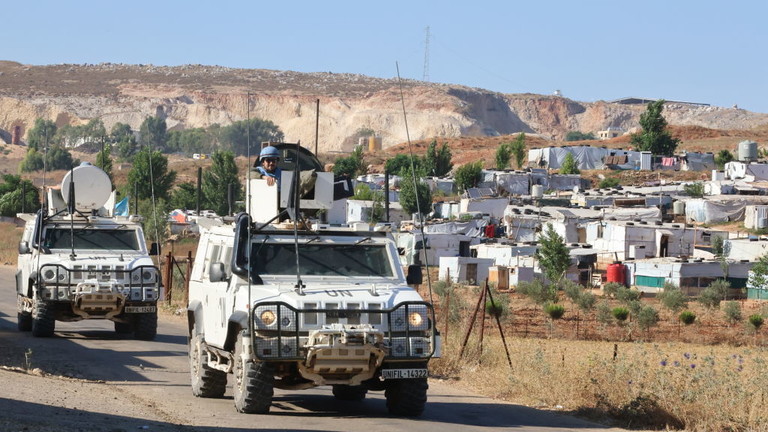World
NATO states tell citizens to leave Lebanon

A number of NATO nations, including the United States, have released advisories cautioning their citizens to promptly exit Lebanon due to a looming all-out conflict anticipated between Israel and Hezbollah – an armed organization that supports Palestine.
On Saturday, the situation became increasingly tense after a rocket attack claimed the lives of 12 children in Majdan Shams – a Druze city situated within Israel’s Golan Heights. According to reports by Israeli Defense Forces (IDF), it was an Iranian-manufactured Falaq-1 missile fired from southern Lebanon by Hezbollah militants. However, these claims were refuted as they denied any responsibility for this incident.
On Saturday, the US Embassy issued a travel advisory that advised Americans to “seriously reconsider traveling to Lebanon.”
According to the embassy, the security conditions continue to be intricate and subject to rapid alterations.
The ongoing conflict between Israel and Hezbollah has prompted several countries, including the UK, France, Germany, Belgium, the Netherlands Norway and Denmark as well as non-NATO members like Ireland and Australia to issue travel advisories warning against all travels to Lebanon due to associated risks.
Powers have been granted to Benjamin Netanyahu for formulating a plan of action in response to the actions of Hezbollah.
Since the start of the Gaza conflict in October, intermittent clashes have occurred between IDF and Hezbollah. In a show of support for Hamas and Palestinians residing in Gaza, the militant group has persistently launched rockets as well as mortar shells at Israeli locations, resulting in retaliatory responses from IDF through artillery fire along with airstrikes.
Israel issued a warning of “all-out war” to Hezbollah after the strike in Golan Heights last Saturday. Foreign Minister Israel Katz declared that the group had surpassed all limits, and their response would demonstrate it.
The power to determine the timing and extent of additional military actions was granted by the Israeli security cabinet during their meeting on Sunday evening, which included Prime Minister Benjamin Netanyahu and Defense Minister Yoav Gallant.
